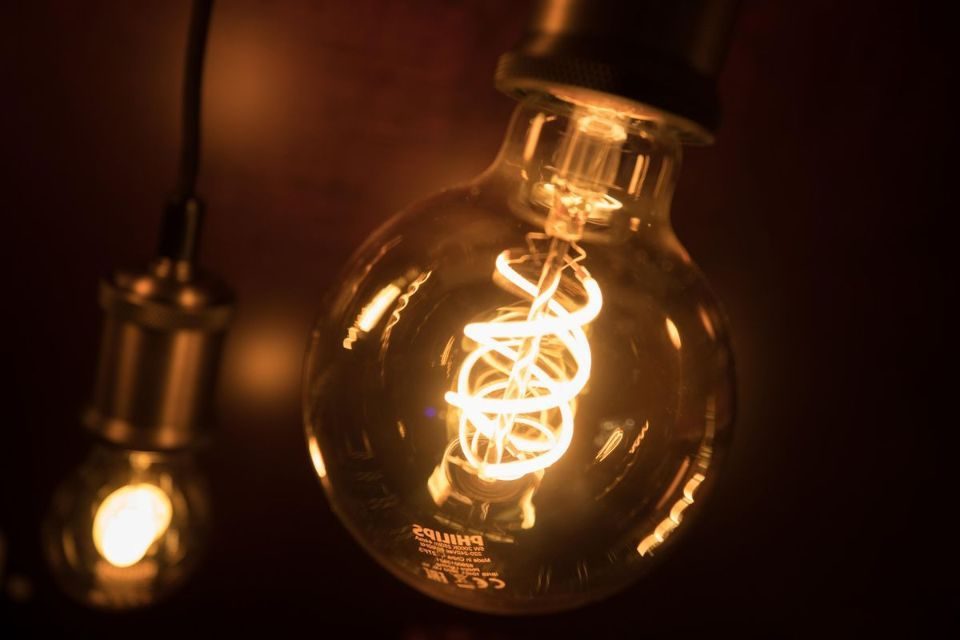ACUE: Significant deterioration in the financial situation of energy suppliers and distributors poses a major risk to the entire energy sector

The ACUE Federation has issued an alarm signal regarding the impact of the measures recently adopted by the Government by modifying the scheme of compensation / capping of energy bills:
“Energy suppliers and distributors make every effort to respond to the rapidly growing evolution of purchase prices on the wholesale energy market, implement and pre-finance the package of measures ordered by the authorities, for the cold season 2021-2022.
However, the ambiguities generated by the legislative framework through ambiguous regulations, the introduction of discriminatory additional costs, the uncertainty of full and timely recovery of the amounts provided by the legislation in force are a major risk that will lead, in a short time, to significant deterioration. including large economic operators in the supply and distribution area.
We are extremely concerned about the provisions of GEO no. 3/2022 considered for implementation starting with February 1 this year, in the sense that they do not reflect the real costs of suppliers and will lead to immediate losses of hundreds of millions of lei, on average, for each supplier, an undesirable situation that would generate a strong negative reaction in the entire energy sector.
Moreover, the measure of capping prices on the supply segment, ordered by the Romanian authorities, does not comply with national legislation (Energy Law 123/2012 with subsequent amendments and completions – art. 80) and does not correctly apply EU legislation. Given that the regulated tariffs in the final price component differ depending on the distribution operator, the measure also leads to differentiated treatment between suppliers.
Also, the method of calculating the reference price for establishing the amounts compensated by the Romanian state does not reflect the real value of the amounts to be recovered, leading to significant additional costs for suppliers, in a discriminatory manner. The direct impact of a partial compensation for energy suppliers translates into a severe risk of insolvency or bankruptcy and unprecedented damage to the operational cash flow, leading to the inability of suppliers to continue their activity.
Most European countries apply support schemes for energy consumers, but Romania is the only country that has chosen to transfer this important financial effort to suppliers.
The challenges of the supply sector come in the context of an unprecedented situation faced by electricity distribution operators, which manage a critical infrastructure in Romania. They are obliged to buy the electricity necessary for the operation of the network being exposed to the extremely high costs on the wholesale market, not reflected in the tariffs set by ANRE.
In the case of electricity networks, this situation has dramatically affected the cash flow, of the order of billions of lei, forcing distributors to reduce investments. The obligation to perform a public service cannot generate losses for operators. In line with European provisions, the regulatory framework must ensure, in a timely manner, the financial viability of distribution companies.
The ACUE Federation reaffirms its support for the implementation of the policies decided by the authorities, expressing our readiness to collaborate with the authorities and social dialogue partners, at a time when the energy market is facing crucial challenges and we make available our local and international expertise. .
“We call for the immediate implementation of a mechanism to ensure cash flow in the energy sector. Its lack will undoubtedly lead to the financial collapse of energy suppliers and distributors. ” Dana Daraban, Executive Director, ACUE Federation
As solutions to the current situation in the energy sector, the ACUE Federation proposes:
• For the household consumer, a fixed-value and income-based compensation model, given the disproportionate effects of high prices on low-income consumers.
• In order to provide aid to companies or industries, the state aid framework must be taken into account. We emphasize that aid is allowed in the form of harmonized environmental tax reductions up to the minimums set out in the Energy Taxation Directive and can be implemented by Member States without prior notification to the Commission.
The idea of capping the price of energy from 1 April 2022 is not a feasible solution to mitigate price increases in the wholesale energy market. The impact of any price cap depends on how it is implemented, its scope and the level at which it is set. A public intervention must not lead to additional costs for market participants in a discriminatory way, namely the accumulation of losses at the level of suppliers.
“On the surface, controlling the price of energy bills seems like a good idea, but the concern is the effect on competition in the energy and investment markets. The evidence is clear that stimulating markets, competition, investment is the best way to keep prices reasonable and not the solution to difficult regulations. There are energy consumers who need support to pay their bills, and state aid needs to be directed at them,” said Dana Daraban, executive director of the ACUE Federation
The introduction of measures such as blocking the reflection of energy acquisition costs in final prices will make it impossible for supply companies to financially support energy acquisition costs. The foreseeable effect of such a measure is the postponement or cessation of payments to producers, carriers and distributors and, consequently, the bankruptcy of suppliers.”














